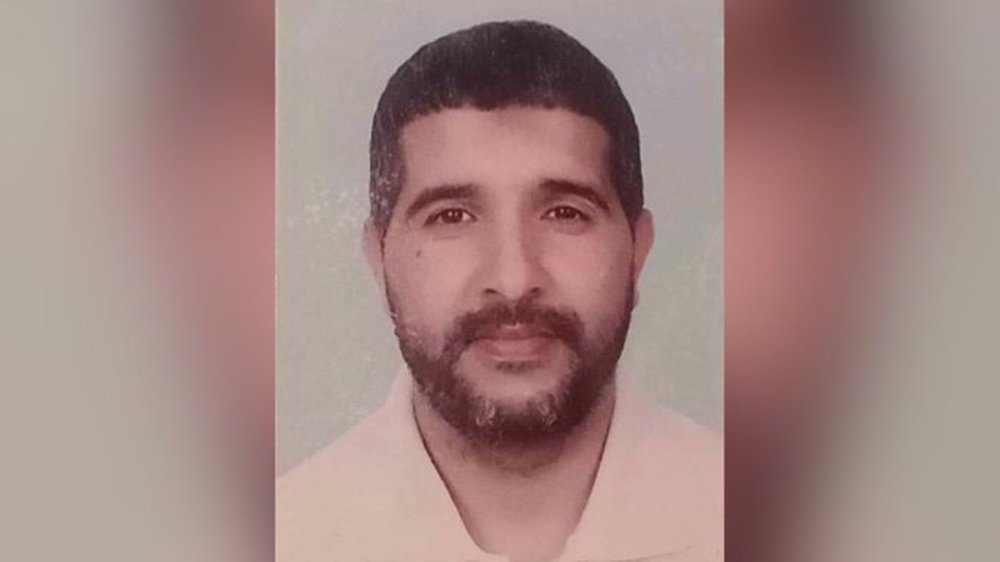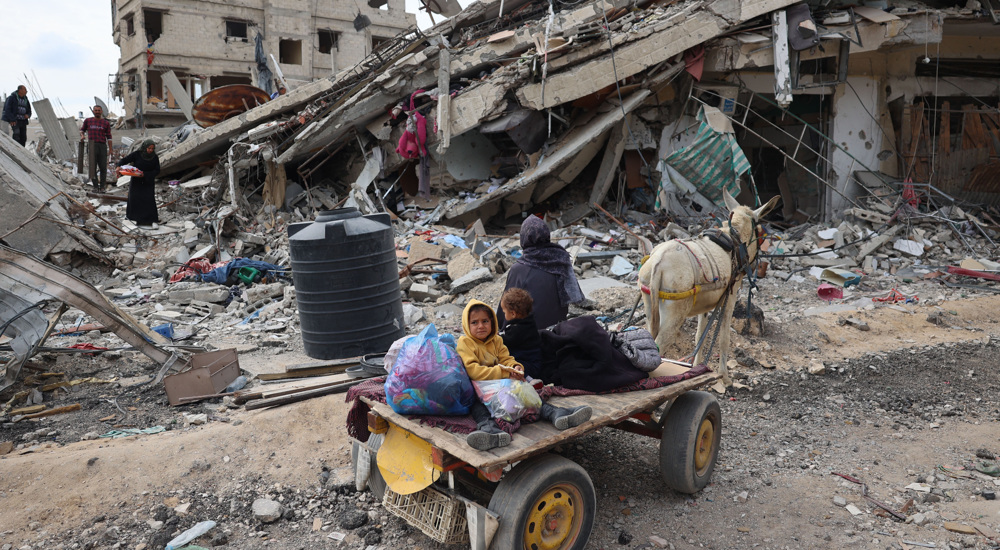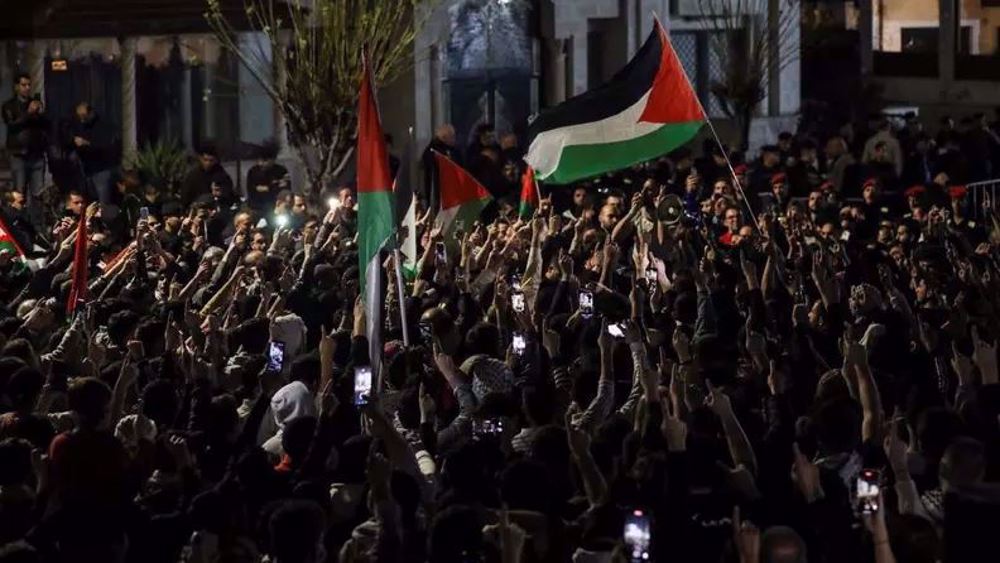Tunisia broadcasts testimony of abuse victims
Tunisian television has broadcast testimony from victims of rape and torture during decades of authoritarian rule prior to the 2011 uprising in the North African country.
Several men and women who survived abuses under successive dictatorships appeared on national television on Thursday night to tell their stories before the country’s Truth and Dignity Commission (IVD).
The fact-finding body was established in 2013, two years after the uprising that toppled longtime dictator Zine El Abidine Ben Ali, who had been in power for over two decades.
The commission is investigating crimes and human rights violations dating back to 1955, a year before Tunisia gained independence from France.
It has received more than 62,000 submissions and gathered testimony behind closed doors from about 11,000 people in the last three years.
The first to give testimony was Ourida Kadoussi, the mother of a protester shot by security forces in January 2011 during the uprising against Ben Ali.
“They killed our children. We have not been given our rights,” Kadoussi told the commission.
Among those who spoke on Thursday were the widow and mother of Kamel Matmati, who was arrested and killed in the city of Gabes in 1991.
“My husband was beaten by the police in a detention centre until he died,” said the widow, Latifa, adding that she only found out about his death in 2011.
“I demand the punishment of the police who killed him and are still walking free,” she said.
Another victim, Sami Brahm, described how he had been tortured after being arrested in 1989 for suspected ties to extremist elements.

IVD head Sihem Bensedrine described the inquiry as “a historic moment that our children and grandchildren will read about in books.”
London-based human rights charity Amnesty International has welcomed the hearings as “a historic opportunity to affirm a commitment to end impunity for past crimes under international law and human rights violations.”
However, the charity cast doubt on whether those responsible would be brought to justice.
“The real test facing Tunisia’s transitional justice process, however, is whether it will ultimately lead to criminal prosecutions for the crimes of the past decades.”
Several other people were expected to appear on TV on Friday evening to recount their stories. Other broadcasts are scheduled for December and January to mark key anniversaries in the 2011 uprising.
The 2011 uprising, the first of the so-called Arab Spring protests that spread across the Middle East, was driven by a wave of anger at unemployment, corruption and repression.
Hackers break into Israeli military’s computers, access trove of documents
Tulkarm Brigade commander killed by Israeli forces in raid on refugee camp
Zionist media desperately trying to turn Israeli defeat into victory: Iran
VIDEO | Press TV's news headlines
Iran censures US veto of Palestinian request for full UN membership
Over 14,000 kids killed in Israel’s war on Gaza: UNICEF
VIDEO | Iran’s National Army Day marked at the Iranian embassy in Moscow
VIDEO | Iranian culture fosters further development, understanding in SA









 This makes it easy to access the Press TV website
This makes it easy to access the Press TV website